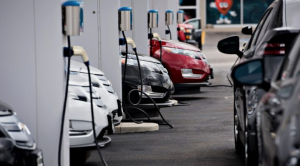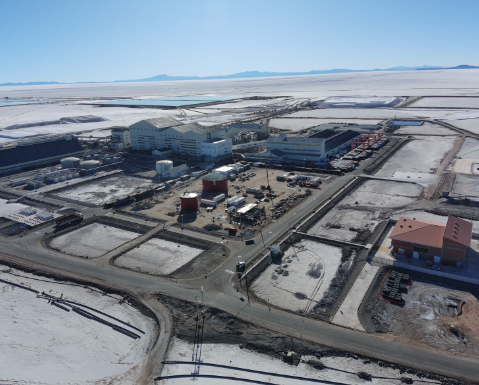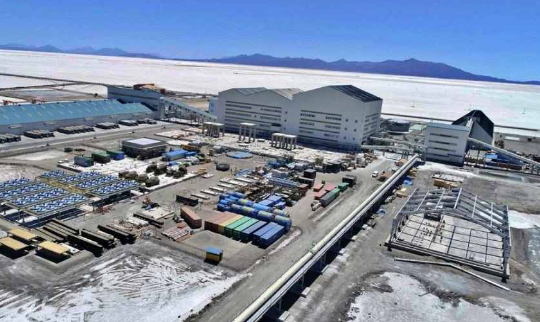
Lithium Production in Bolivia Could Be Key to Energy Transition in the Region

The large production capacity of lithium carbonate on an industrial scale with the first plant of Yacimientos de Litio Bolivianos (YLB) represents an important space for energy transition and electromobility in the country and the region.
The Minister of Hydrocarbons and Energy, Franklin Molina, explained that they are advancing in renewable energy projects, with photovoltaic and wind energy.
“Undoubtedly the storage of lithium ion batteries are a fundamental vector to support this energy transition, but also for electromobility, producing electric vehicles,” he said to local media.

Read also: Madrid had 55% Sustainable Trips in October
Turning Point
He stressed that the start-up of the lithium carbonate plant marks a significant milestone or turning point on the road to the consolidation of industrialization.
“If in the past Potosí gave wealth to the country with silver and gold, now lithium is the strategic mineral for the world, which today sees in Bolivia a safe country to invest under this sovereign business model, where Bolivians are the owners of the entire production chain,” he said.
Among other important projects for the energy transition, this year the Government signed four agreements with foreign companies for the construction of industrial plants and a semi-industrial pilot lithium carbonate plant in the salt flats of Uyuni, Pastos Grandes (both in Potosí) and Coipasa (Oruro).
According to official data, the companies, two Chinese and one Russian, accepted the Bolivian business model of controlling the entire lithium production chain, from extraction to industrialization and commercialization.
The objective is to reach 2025 or 2026 with a lithium carbonate production of more than 100,000 tons, both to develop the lithium battery industry in the country and for export.





